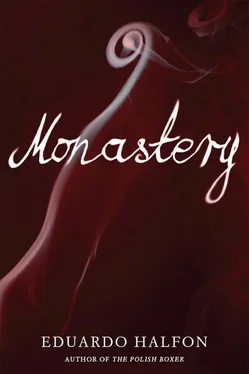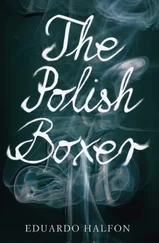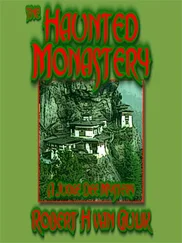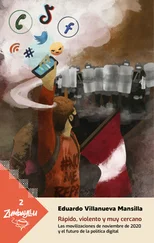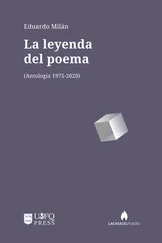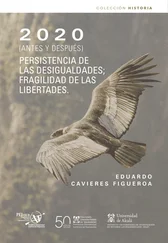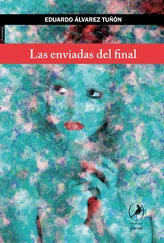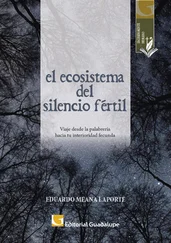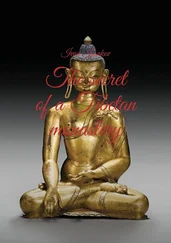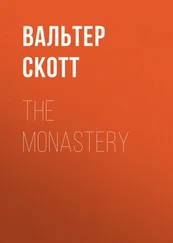The airport official was still staring at me steadily in that never-ending second of silence, perhaps bewildered or just waiting for me to finish my sentence. And so I opened my mouth a little, as though to encourage the words. But the words, capricious, insolent, wanted no encouragement. I looked down. I slipped my hand quickly into my pants pocket and felt the cold yellow slip of paper and thought of my grandfather’s hands, pale and impeccable, drawing hats and playing with domino tiles. My grandfather had been captured by Gestapo soldiers in front of his house in Łódź, in November of 1939, as he and his friends and his girlfriend played a game of dominoes. He was sixteen years old. He then spent the rest of the war — the next six years — as a prisoner in various concentration camps, including Sachsenhausen, and Neuengamme, and Buna Werke, and Auschwitz, where a Polish boxer saved his life, training him to fight not with his fists but with words. My grandfather left Poland in 1945 and refused ever to return, refused ever to pronounce another word in Polish. He lived out the rest of his life in Guatemala, deeply offended by his countrymen, and his native land, and his native tongue. The Poles, he used to say to me, betrayed us. And so every time I mentioned that I wanted to travel to Poland, that I wanted to visit Łódź, my grandfather laughed bitterly or stood and stormed off in a fury or spat a couple of insults at me or perhaps at the entire Polish population. But a few weeks before he died, by then weak, emaciated, and delirious (he thought there were Gestapo soldiers in his room, at his deathbed, waiting for him), my grandfather wrote out his complete address for me on a little sheet of yellow paper: ground floor of a building on the corner of Zeromskiego Street and Persego Maja Street, number 16, close to the Zielony Rynek market, close to Poniatowskiego Park. Like a little yellow testament. Like a little clue to the family treasure. Like a little inheritance left to a grandson. I took that yellow paper from his trembling hand and folded it in two and I knew immediately that my grandfather had given me much more than a wrinkled sheet of yellow paper. It was a mandate. An order. A dictate. An itinerary. A travel guide. A few coordinates on the mysterious and uneven map of our family. It was, in short, a prayer. His last prayer. There, on that folded yellow sheet of paper, with the last scrawl of his own hand, which I was now — standing in the Warsaw airport — clinging to like a talisman, were the coordinates of my grandfather’s personal history, a history that in a way was also mine. In the end, our history is our only patrimony.
The Polish official was still staring at me steadily. I tried to smile at him, in order to regain some degree of calm or levity, in order not to feel so abandoned in the middle of Warsaw. But all that came out was a forced and awkward expression. The official, solemn, waited in silence, as though he knew I hadn’t finished that faraway sentence about Auschwitz, as though he were giving me time to finish it and tell him what I had to tell him. And so I gathered my strength and clenched the yellow paper in my fist and stood tall and hastened to finish it.
The next day, I said, I was taking a train, heading south.
I sensed something bitter in my mouth. The taste, it occurred to me on the way out, of cowardice.

BOUREKAS. WHAT? I ASKED. Bourekas, Tamara repeated, enunciating the three syllables slowly as she passed me the plastic bag. There are spinach ones and cheese ones, she said. My favorite breakfast, she added.
Behind us, the Citroën’s door was open and the music on the radio was scarcely audible, like a continuous white purr or a gentle breeze. Tamara had also bought two coffees with milk and sugar, in cardboard cups — cold by now, of course, too weak and too sweet. But sitting there before a biblical sea, still barefoot and half-naked and half-dry and sharing a cigarette on a beach of salt and sand, I didn’t care.
When we finished the bourekas and the coffee, Tamara began telling me about her job at Lufthansa. She told me that at first she’d thought of it as temporary, just until she found something better. She’d been there almost five years. It’s not bad, she said. Pays well. I get to travel a lot. She smiled wryly, as if that were the handbook response. What about that man the other day, I asked, the one at the airport? Tamara reached for my cigarette and took a drag. Happens all the time, troublemakers, she said, and that was all she said. I asked her if anything like that had ever happened midair, during a flight. Nothing serious, she said, handing the cigarette back. But it occurred to me that maybe she wouldn’t tell me. And then I kept thinking about planes. I smoked. The cigarette tasted like Tamara. Tamara tasted like salt. I watched her slowly turn and stretch out facedown, long and slender, her face now very close to my leg, her lips almost kissing my thigh. Sometimes, I said nervously, I dream I’m on a plane hijacked by Arab terrorists. I took another puff, watching her use a skilled hand to untie the bikini’s red knot on her back. It’s a recurrent dream, I said, exhaling. One of the Arab terrorists comes and stands in front of me, I said, and in a panic, I begin reciting the few words of Arabic I remember hearing from my Lebanese grandfather. Her freckled face turning toward me, Tamara looked up with her big blue eyes. Lajem bashin, and kibe naye, and lebne, and mujadara, which are all names of Arabic foods, but they’re the only Arabic words I know. Tamara smiled faintly. Then the Arab terrorist sticks a gun in my face and screams at me to go to hell, screams that I look like a Jew, that I am a Jew, and shoves his gun even closer. I can feel the gun right here, on my forehead, I said to Tamara, and the Arab is about to shoot, about to fire a bullet into my head and kill me, and so I tell him no, he’s mistaken, I’m not a Jew.
Tamara stopped smiling and held out her hand, requesting the last drag of the cigarette. I gazed at her ankles, her feet. I could feel the warmth of her breath on my thigh.
That’s your recurrent dream? she asked, serious, crushing the butt into the sand. Sometimes there’s a slight variation, I said. Like what kind of variation? Like, for example I tell the terrorist mabruk. It’s an Arabic word my father uses a lot. It means congratulations. You say congratulations to a terrorist? Sometimes. Or sometimes I say shesh besh, which means six five. Shesh means six in Persian, and besh means five in Turkish. Shesh besh. Six five. That’s what my Lebanese grandfather would shout when we played backgammon on a magnificent mother-of-pearl table that he’d brought from Damascus, back in the twenties, and he’d roll the dice, and get a six and a five, and he’d shout shesh besh.
We were silent a while, listening to the white noise of the radio, of the faintly rippling water, of a bird, melodious and magnificent and looking half lost in the immense blue sky. Listening to it, I recalled that Beethoven once said or might have said that his inspiration for the first four notes of his Fifth Symphony — perhaps the four most important notes in the history of music — had been birdsong.
Tamara breathed sweetly, rhythmically, perhaps dozing on her towel. I kept staring at the glistening sea until my vision blurred, and then suddenly, my eyes cloudy and tearful, I realized or thought I realized that there was something essential in those shared waters, something more than the saltpeter and the holiness and the tourists smeared with mud, something even lower than the lowest point of the earth and even more ambiguous than an imposing invisible wall in the sea, something between two countries, between two cultures held apart and brought together by water so dead and so salty and from which we all come and to which we all return, all salted in fire.
Читать дальше
